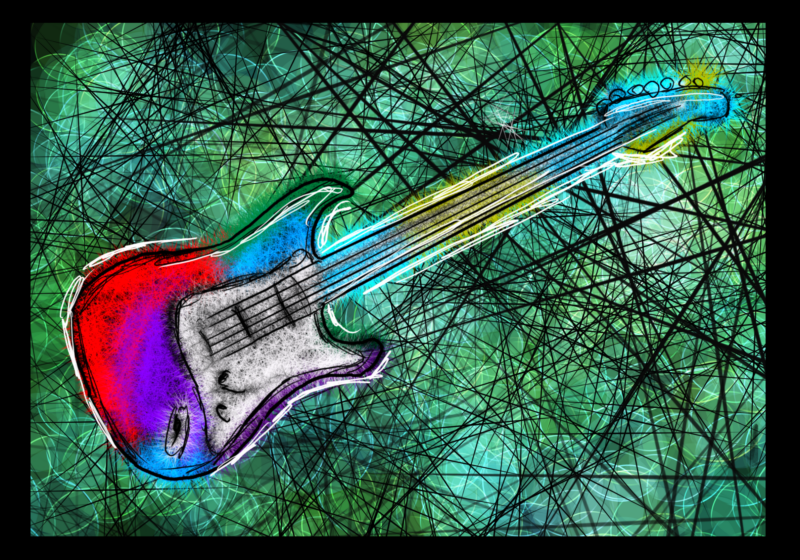
Courtesy of Tim Minahan, Presentation Editor.
“Turn him loose! He ain’t no [African American laborer],” said Huck Finn about the runaway slave Jim. This rewritten phrase may take the original’s place in new publications of Mark Twain’s “Adventures of Huckleberry Finn” if publishers decide to censor the word “slave” due to its uncomfortable connotations, something they recently did to the word “nigger.”
The latest U.S. edition of the novel censors both “nigger” and “injun,” replacing them with the words “slave” and “Indian.” What words are next on the list? Will “slave” be changed to the more benign “African American” and “Indian” to “Native American”? NewSouth books, a publisher from Alabama, said that the censorship was supported by the book’s editor, Twain scholar Dr. Alan Gribben of Auburn University.
Gribben stated that his reason for wanting to see the “hurtful epithets” expunged is that “abusive racial insults that bear distinct connotations of permanent inferiority repulse modern-day readers.” But isn’t it a good thing to be repulsed by the grave mistakes made by our country? John Havard, a doctoral student and graduate instructor in the UR English Department, answered this question by bluntly stating that “it’s precisely the discomforting aspects of the novel that make it so important to teach in its original form.” He continued, “This novel provides a complex portrayal of one of America’s greatest mistakes, and studying it should confront that mistake head on, as opposed to sugarcoating it and hiding from it.” When studying the past, we are confronted by different ideas, some of them incompatible with our views, usually for good reasons.
“Nigger” would not be appropriate to use when describing a classmate, but it becomes acceptable to say when discussing racism in American history. This book is usually taught in high schools, so students should be able to understand the context. If teachers hesitate to teach an uncensored version of “Huckleberry Finn,” should we also censor Harriet Beecher Stowe’s “Uncle Tom’s Cabin” and Christopher Marlowe’s “The Jew of Malta?” How about topics like sexual education and the treatment of Native Americans?
Burke Scarbrough, former high school English teacher and UR graduate student, said that he tends to “prefer confronting our racist history (and most other problems) with students head-on.” That is a policy that all teachers need to adopt if they want to create what Scarbrough refers to as a “trusting classroom community.” Good teachers should be able to introduce sensitive subjects to students such that they lead to productive learning environments.
No matter how offensive something is, people still need to be taught about it. The same argument made by sex education supporters can be made in this case — if respectable sources, like teachers, don’t teach “bad” things to children, then they will learn it somewhere else. I would rather have students learn about the historical significance of the word “nigger” from an English teacher than from Lil’ Wayne. High school students have probably heard the word already, so it is naïve to think that we can “protect” them from it.
The people who benefit the most from this act of censorship are racist apologists. Censoring racism because it is an upsetting topic is like censoring the history of the Nazi Party because it was full of racist killers. That would benefit Holocaust deniers, like David Duke of the Ku Klux Klan, more than anyone. Apologists want to rewrite history, but we should be teaching the darkest parts of our history so that we can learn from those parts. However, if censorship like this continues, I fear that, a decade from now, these censorship-happy publishing companies will have the next generation of students believing that “nigger” was a term invented by N.W.A. in 1986.




